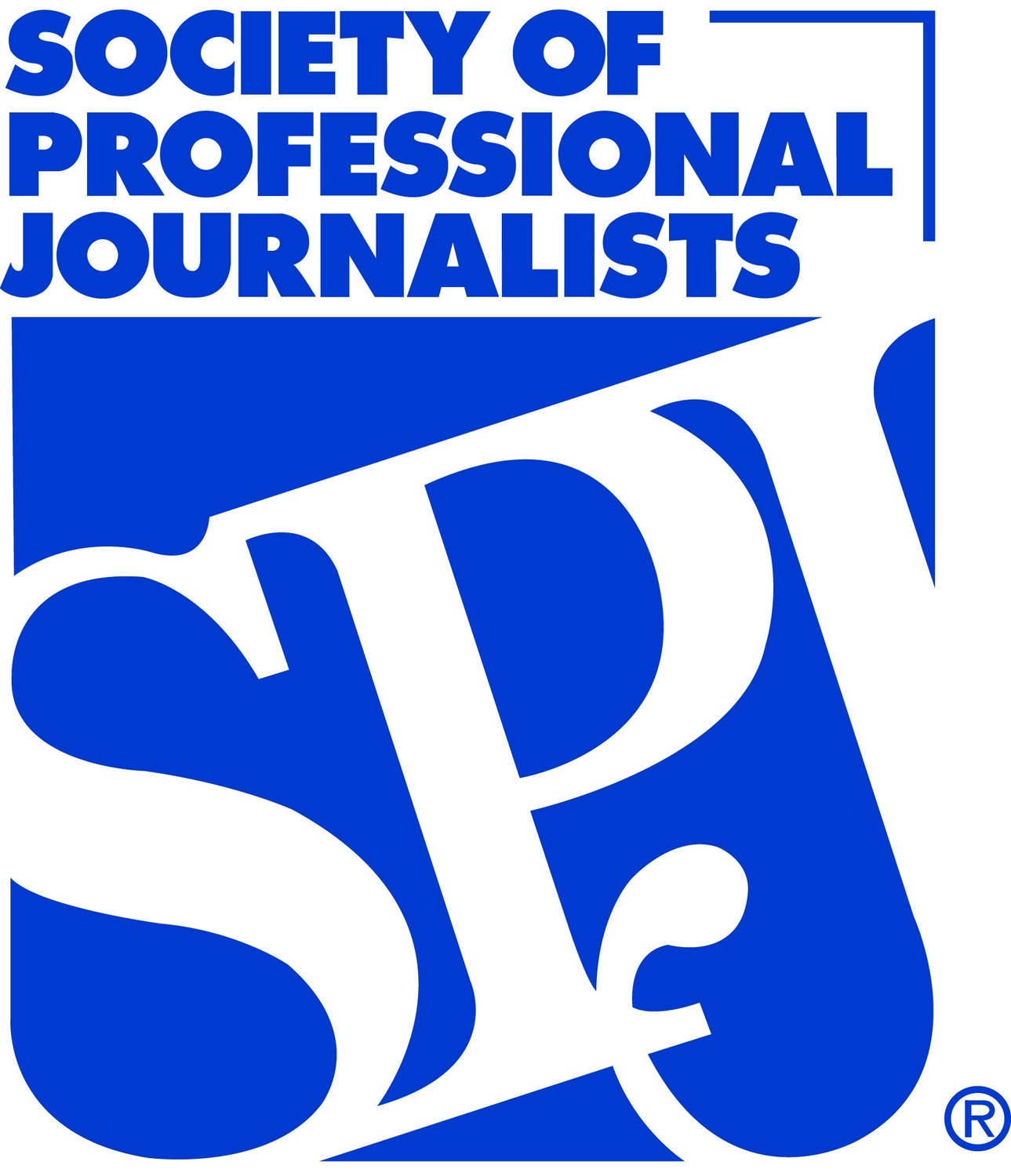The press isn't 'fake'
Many of the major newspapers and news organizations across the country are used Thursday, August 16, 2018, to draw attention to a dangerous precedent President Trump has set in calling the news media “the enemy of the American people.”
His threats on freedom of the press began a month after taking office. His belittling of journalists continues today. He has called CNN “the worst.” He has humiliated journalist Jim Acosta for his reporting. He has banned a network pool reporter from a Rose Garden event because he did not like her questions. On Monday, the outgoing United Nations human rights commissioner said Trump’s anti-press rhetoric is “very close to incitement of violence.”
The Society of Professional Journalists-Region 3 applauds the Boston Globe for organizing a campaign to denounce the President’s incessant attacks on the news media. The SPJ Region 3 leadership, including in South Carolina, Florida, Georgia and Alabama, believes it is equally important for local news outlets to repudiate the onslaught of hostility toward the press. We must stand firm with our brothers and sisters in journalism as a family, supporting our First Amendment right to report accurately on our government.
In the past several months, we’ve seen a series of attacks directly from the President and his administration. Through tweets and rally speeches, this President insists on demonizing the press every chance he gets. He has used damaging words such as “fake,” “dishonest,” and “disgusting” to describe the news media. Former Presidents have not always gotten along with the news media, but none have gone so far as to paint the press as “the enemy of the American people.”
A free press is essential to a healthy democracy. Those in power who attempt to stifle the press from reporting on certain events simply because the reporting is not always positive can be viewed as authoritarian. Our Founding Fathers gave the press the right to report on events, to report on government officials and to uncover wrongdoing. Those who abuse their power in an attempt to reduce the legitimacy of the press most certainly have something to hide.
The First Amendment gives freedom to the press to cover and report on stories important to their communities. When the President calls news organizations – and in some case, specific journalists – “fake,” he is committing a serious affront to the rights of reporters and news organizations across the country. He’s also denying United States citizens the truth. Using his words against a right granted in the First Amendment is irresponsible and undemocratic.
Furthermore, if the press reported only positive news about his administration and the President, these news organizations would be nothing more than a White House public relations firm. The press has a job to do – in Washington, in our state and in our neighborhoods. Newspapers and TV stations shed light on corruption and issues to help the American people make informed decisions. Their reporting allows us to make sense of the world around us. We are able to understand issues surrounding healthcare, money matters and social injustices.
We must work even harder to call out those who demonize our industry, including the President. If the President can get away it, other leaders may see an opening to treat journalists the same way. When the press comes under attack by simply asking questions, our democracy is threatened. Again, it runs counter to what our Founding Fathers intended.
The Supreme Court, on numerous occasions, has explicitly expressed in court rulings the incumbent responsibility of the press to be watchdogs of government. It is, after all, a journalist’s job to question authority.
Indeed, Justices in the 1964 New York Times v. Sullivan case recognized the press must be protected in order to further debate on issues of public importance. In the Pentagon Papers case in 1971, the Justices said that any prior restraint on the press was fundamentally undemocratic. One could take that decision to mean that any tactic to prevent a journalist from doing his or her job – through physical attacks and intimidation – would be unconstitutional.
As citizens, we hope you recognize the important role of journalists. The Society of Professional Journalists - Region 3 stands in solidarity with news organizations across the country, demanding our nation’s leaders understand that democracy cannot exist without a free press. We also ask leaders in the Republican Party to denounce President Trump’s assailing of the news media. Journalism is important to our country. It starts at the local level with your mayor and city council. That respect for journalism should extend from your statehouse all the way to the White House.
Unless journalists stand up against these attacks, our democracy is in for a perilous future.
Michael Koretzky, SPJ Regional Director - Region 3 and SPJ National board member; Sharon Dunten, Assistant Regional Director - Region 3; Christiana Lilly, president of SPJ Florida; Haisten Willis, president of SPJ Georgia; David Baxley, president of SPJ South Carolina.
SPJ Region 3 supports SPJ members and all journalists in Alabama, Florida, Georgia, South Carolina, Puerto Rico and the U.S. Virgin Islands.
The Society of Professional Journalists is the nation’s most broad-based journalism organization, dedicated to encouraging the free practice of journalism and stimulating high standards of ethical behavior.
Society of Professional Journalists - Sigma Delta Chi Foundation
Eugene S. Pulliam National Journalism Center
3909 N. Meridian Street, Suite 200
Indianapolis, Indiana 46208
(317) 927-8000
SPJ.org








